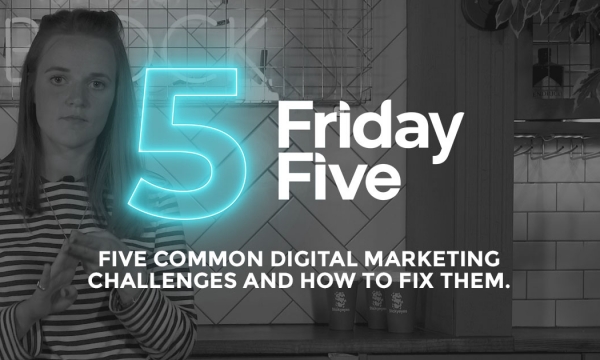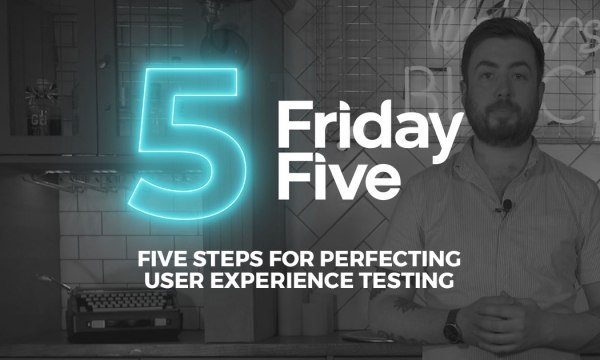You’ve got a story to tell and a message share, but are you doing it in the most effective way? Here are Hannah Scorfield’s five tips to ensure that your words are making the optimal impact.
It starts with the headline
First impressions count so you want to think about how you can create a headline that puts your content above the rest.
You want it to be creative and snappy, but your headline needs to make it clear exactly what your content is about. There's no point in creating a funny or clever headline if it doesn't make sense to the topic at hand.
Think about exactly what your audience is looking for and make your headline clear and concise so they can be sure that you're giving them the content they need.
Loud exciting headlines can be great and are often effective, but they're even better when perfectly paired of an equally exciting piece of content.
Be ruthless with your words
When it comes to words you sometimes need to be ruthless.
I know as writers this isn't what we used to. But content that is too wordy can be overwhelming and it doesn't do what you need it to. Don't waffle.
The best way to avoid doing this is by structuring your content in a way that puts your most important points first. After all, those points are the main reason why you're writing the content.
Research suggests that you've only got around seven seconds to grab and keep the attention of your audience, so what you say in that time is vital.
Print journalists often talk about the inverted triangle model, but it is also a valuable guide for digital content as well. What this model does is puts your most important points in first and then goes on into more detail in later paragraphs.
Get the good stuff out there first and the rest will come with it.
Break it up for the sake of “skimability”
Online content can come across very differently than other mediums, such as newspapers and magazines.
When looking on a computer screen or mobile, large chunks of text can look intimidating.
Generally, when users are looking for informational content online, they want to get that information as quickly as possible. If you hit them with large, intimidating and unappealing chunks of text, and you could lose your audience and increase your bounce rate.
Think about ways you can break up your content without taking away from the message it's putting across. Using shorter, snappier paragraphs, for example can be very effective at making your content more ‘skimmable’.
Subheadings can also be a great way of splitting up your content into easy-to-read sections.
They are also what readers look out for when looking for a particular point that applies to them in the content. For example, if you're writing a piece on the different types of personal loans, your readers are going to scroll through the subheadings so they can look out for the particular loan that they're interested in.
So, subheadings help make your content more readable and they help you help your audience find exactly what they need.
Engage with humans and the search engines will follow
You're not writing for robots, you’re writing to engage human beings. So use your content to address your audience on a human level.
People ultimately buy from people. They want to engage with who they're buying from and for those people to talk to them in a language that they understand.
If you're writing for a highly technical audience, then it's appropriate to use terminology that applies to them and their sector. But this doesn't work for everyone else. Avoid using jargon that will confuse your audience If you have to use particular wording for the content to make sense keep it to a minimum and explain it to your audience in a way that isn't patronising.
The more human you make your content, the more people it will draw in. In many cases is not what you sell, but the way that you sell it.
Make your content represent the warmth and positivity you want to radiate to your audience. That's what will ensure that they remain your audience long term.
Build trust
Your content needs to build trust. If your audience don't trust in what you're saying, you don't really have an audience.
Not only is trust incredibly important as part of Google search results. It's also what makes your customers say “yes” to what you're offering them.
Don't make bold claims that you can't back up later on. Doing this will ruin your reputation and you want people to feel comfortable coming to you for your goods or services.
Everything you offer needs to be available to your audience as soon as they seek it out, so make sure you can walk the walk as much as you talk the talk.
Never hide important details. If you put it in the small print or right at the bottom of the page your customers will likely miss it and blame you for it later on.
Make it clear what you can offer them from the off and they'll remember you for your honesty later on.


